The story of Cambridge is, in large part, an African American story. The Civil Rights Movement of the 1960s and the related conflicts created a large shadow over the city, but there have been many Black individuals in the community who have made positive impacts on Cambridge, the Eastern Shore, Maryland, and beyond. They include politicians, lawyers, athletes, musicians, educators, historians, writers, and more. Below are just a few prominent African Americans with a strong connection to Cambridge.
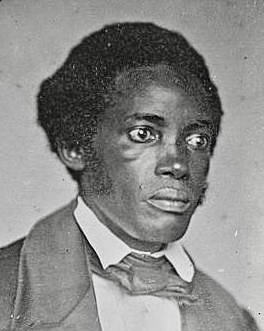
Stephen Allen Benson
(d. 1865)
Benson was born in Cambridge to freeborn African Americans. In 1822, his family emigrated to the new nation of Liberia, which had been established by freed slaves and freeborn Black people primarily from Maryland. As an adult, he was a coffee planter, shopkeeper, judge, and preacher before becoming the country’s first vice president. When the president left office in 1856, Benson succeeded him. One of the major things he did as president was to annex the West African Republic of Maryland.
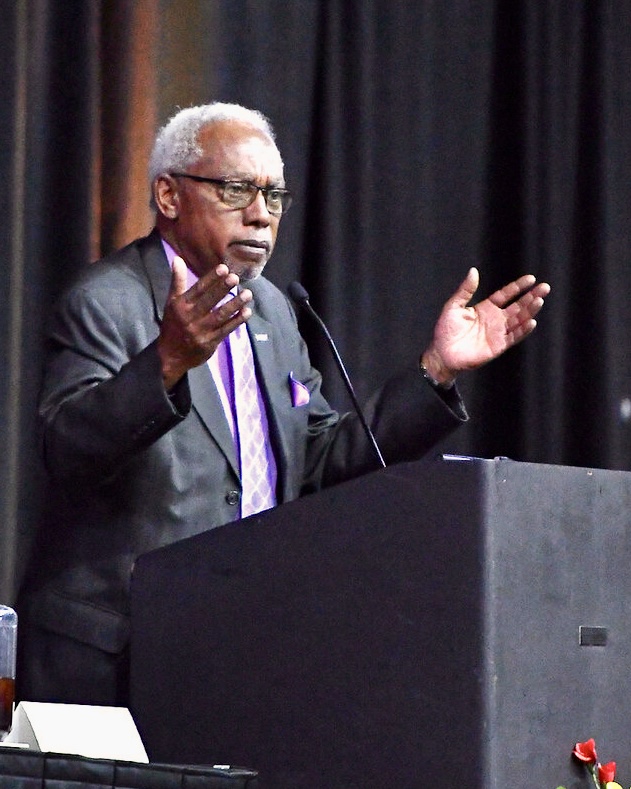
Gregory Meekins
Cambridge native Meekins graduated from Mace’s Lane High School in 1967 as valedictorian of his class. He worked for Dorchester County Public Schools for 27 years. He has served the Cambridge community as a member of the city’s Ethics Commission, Sailwinds Park Inc., and the Mid-Shore Community Foundation. During his tenure as president of the Dorchester County Branch of the NAACP, he helped integrate the Cambridge Rescue Fire Company with women and minorities. Most notable was his role in changing the voting rights law that led to the end of at-large voting. This changed the Maryland State Constitution and helped open the door for the election of the first Black county commissioner in Dorchester County.
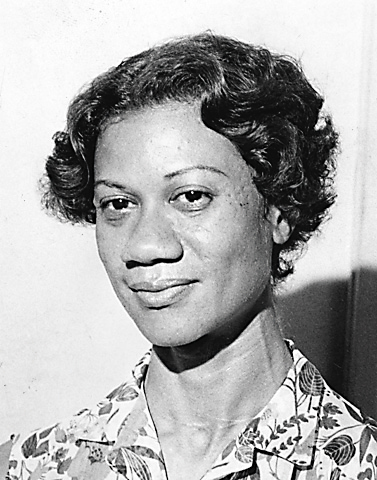
Gloria Richardson Dandridge
(d. 2021)
Born Gloria St. Clair Hayes in Baltimore, she moved with her family to Cambridge at age 6. She graduated from Howard University in 1942 and worked for the federal government. When high Black unemployment inspired student activists to mount protests in the early 1960s, Gloria joined the movement. In the spring of 1963, she became co-chair of the new Cambridge Nonviolent Action Committee. Protests and white backlash led to the National Guard occupying Cambridge, and Gloria attracted national media attention for her uncompromising politics and charismatic public image. After the passage of the Civil Rights Act of 1964, Gloria moved to New York, though she kept in touch with Cambridge.
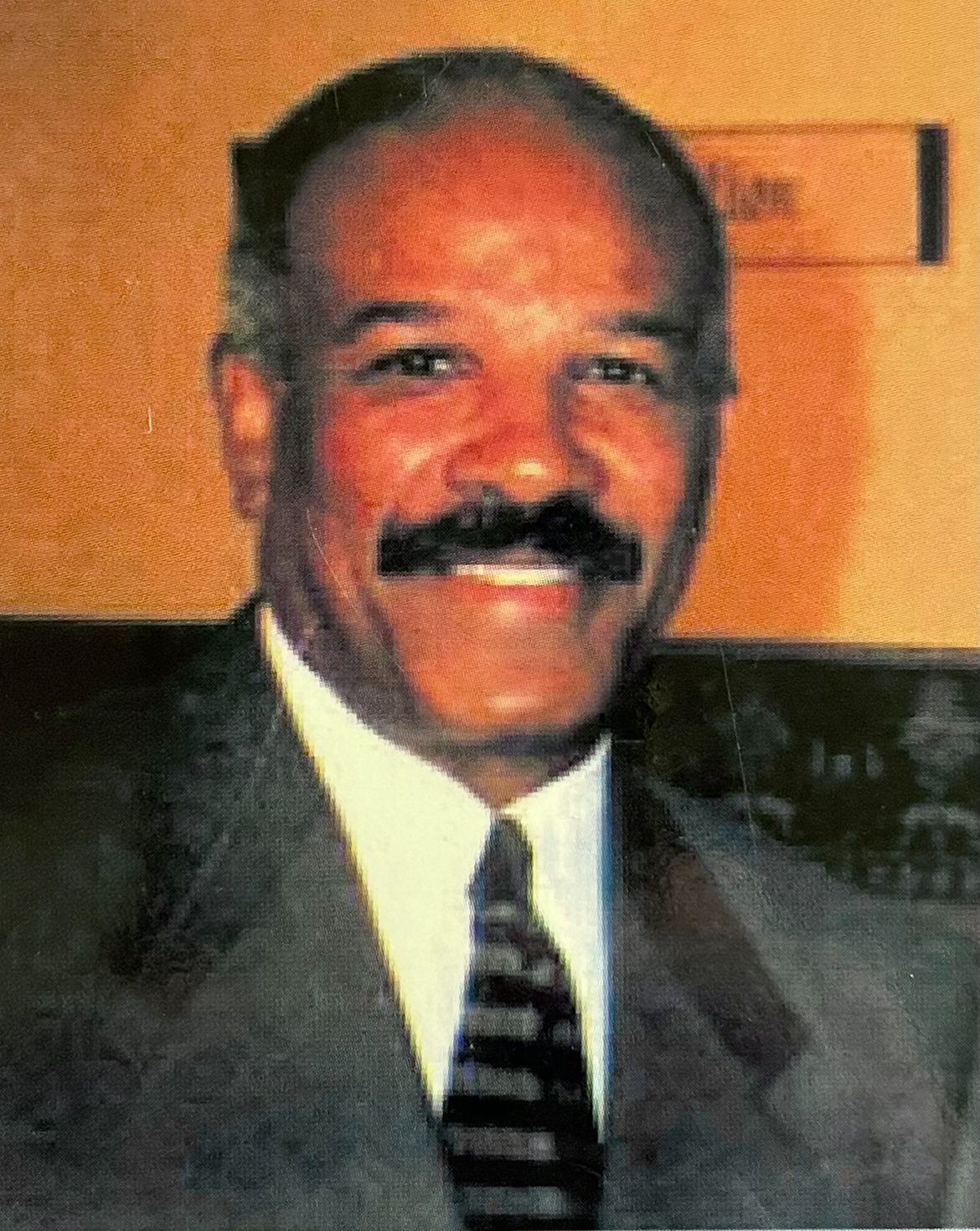
David “Nicky” Henry
Cambridge-born Henry taught for 38 years and was named Teacher of the Year in 1988. He retired in 2001 to fulfill his dream of publishing Up Pine Street, two pictorial history books about the African American community of Cambridge and Dorchester County. His community service includes being a Pioneer for erecting African American historical markers. For his outstanding work over the years, he has received many awards and recognitions, including an Individual Achievement Award from the Heart of the Chesapeake Country Heritage Area.
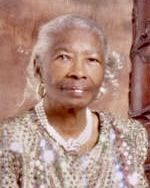
Evelyn W. Townsend
(d. 2008)
Though born in South Carolina, Townsend became a Cambridge resident in 1955 and remained for the rest of her life. She taught there and became principal of Peachblossom and Glasgow Elementary Schools. She was a part of many community organizations, including the Chamber of Commerce (board member), Sailwinds Park Inc. Committee (president), and most importantly the Harriet Tubman Organization, which she co-founded. The 2008 Harriet Tubman Day banquet featured recognition of Townsend as a leading local voice in efforts to better recognize Tubman’s legacy. The memorial at the Harriet Tubman Underground Railroad State Park & Visitor Center honors Townsend, among others, for helping to research, preserve, and share Tubman’s story.
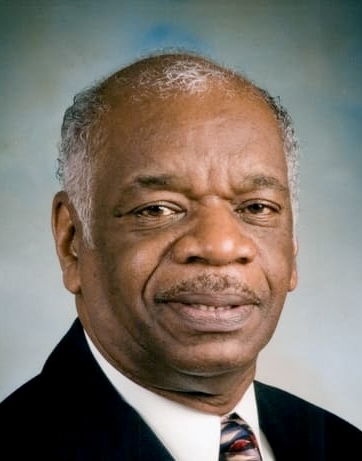
Herschel F. Johnson
(d. 2021)
After graduating from Mace’s Lane High School and a stint in the Air Force, Johnson joined the U.S. Postal Service and remained for 38 years. With a sense of devotion to his community, he rendered exemplary service to Dorchester County through active participation in various organizations. He was president of the Friends of Stanley Institute as well as a member of the Dorchester County Board of Education, the Dorchester County Historical Society, and the City of Cambridge Historical Preservation Committee. He was a coach in the Dorchester Youth Basketball League for 54 years.
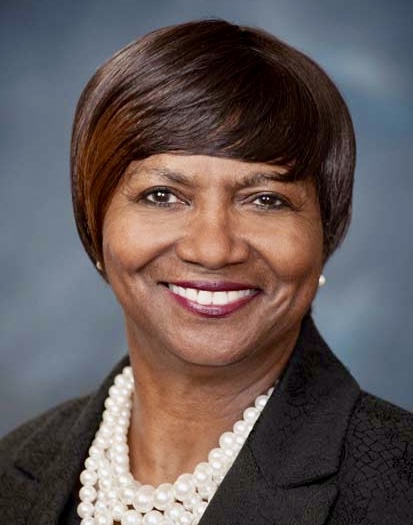
Victoria Jackson-Stanley
She was among the first Black students to attend the previously all-white Cambridge High School. As an adult, she was deputy director for organizational development and training for the Dorchester County Department of Social Services. In 2008, she became the first African American and first female mayor of Cambridge. She served an impressive twelve years. She has been an active member of Delta Sigma Theta Sorority Inc, Chesapeake Bay Girl Scouts, and the NAACP.
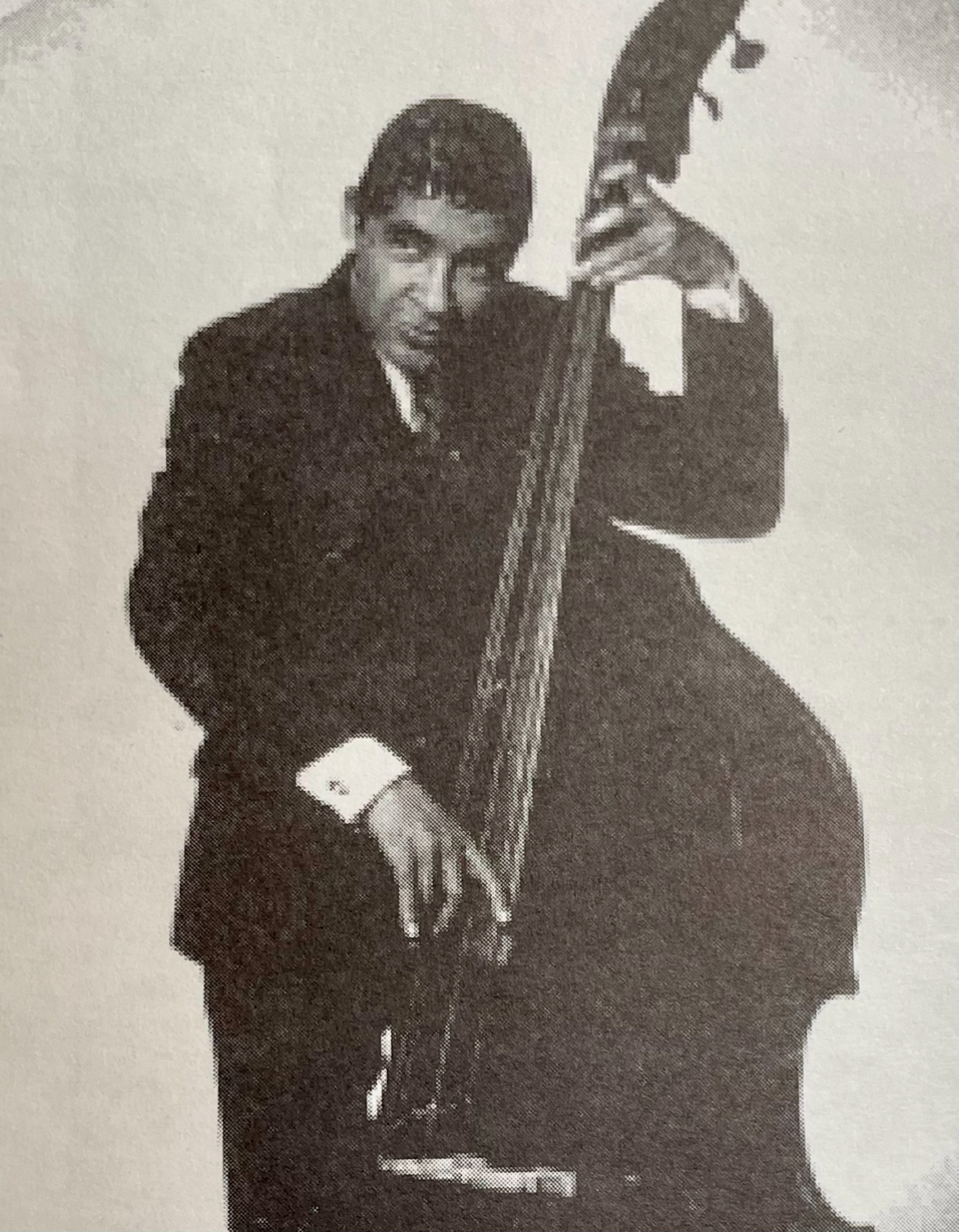
Edward “Buster” Snead
(d. ?)
One of the stars of Cambridge’s vibrant African American music scene in the early part of the 20th century was “Buster” Snead, who played bass, banjo, violin, guitar, and bazooka horn. He was one of the first Black locals to leave for professional success elsewhere. After playing Atlantic City nightclubs in the twenties, he hooked up with such acts as the Jimmy Lunceford Orchestra, Ben Smith, and Big Maybelle. He co-wrote the popular song “Bald-Headed Lena.” In the fifties he became a college professor and poet.
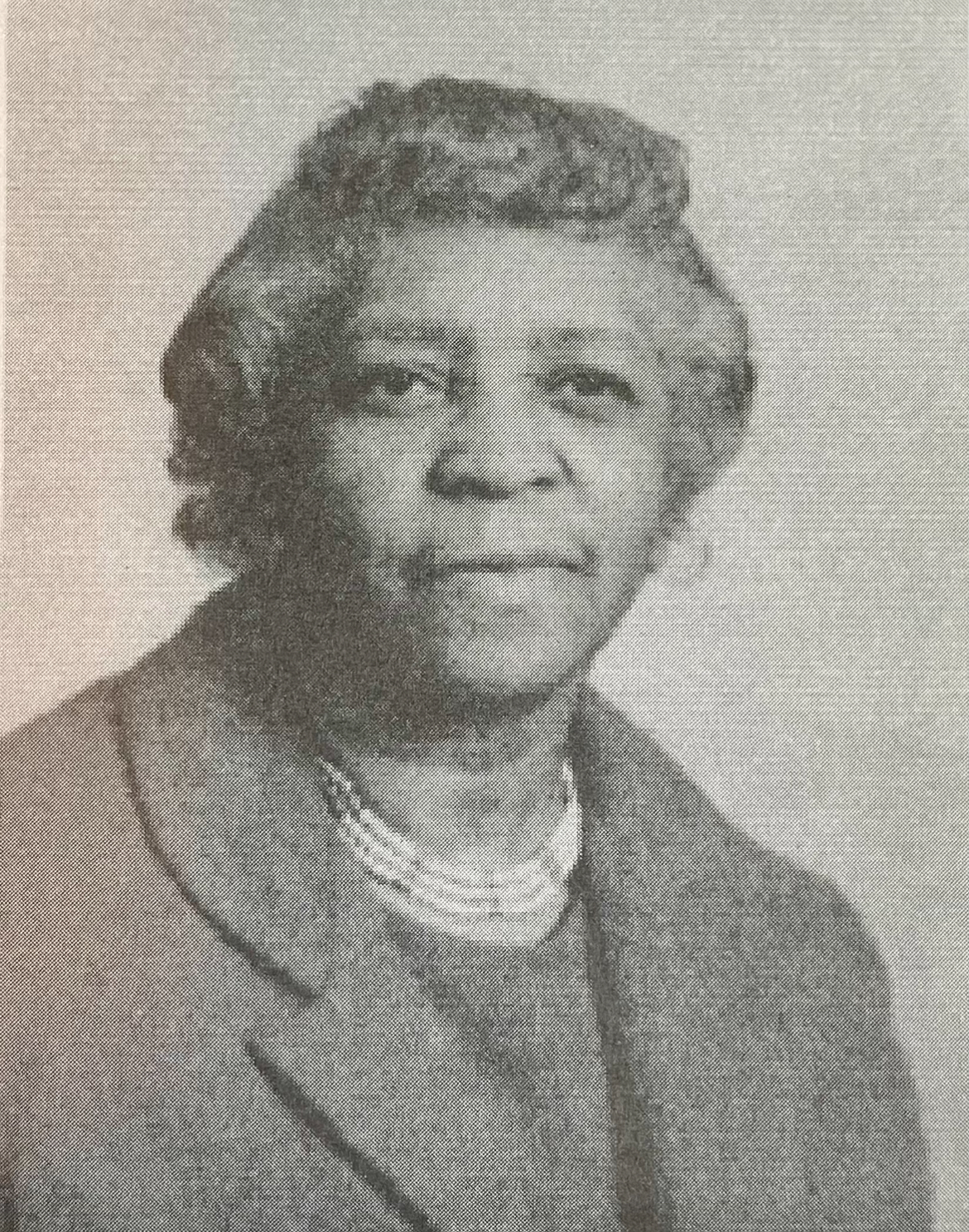
Edythe M. Jolley
(d. 1983)
When she was appointed principal of FD St. Clair High School in Cambridge, Jolley became the first African-American woman principal on the Eastern Shore. After 13 years at St. Clair, she served as principal at Mace’s Lane High School for 28 years. An educational center and scholarship are named for her, and there will be a museum in her name at the Mace’s Lane Community Center.
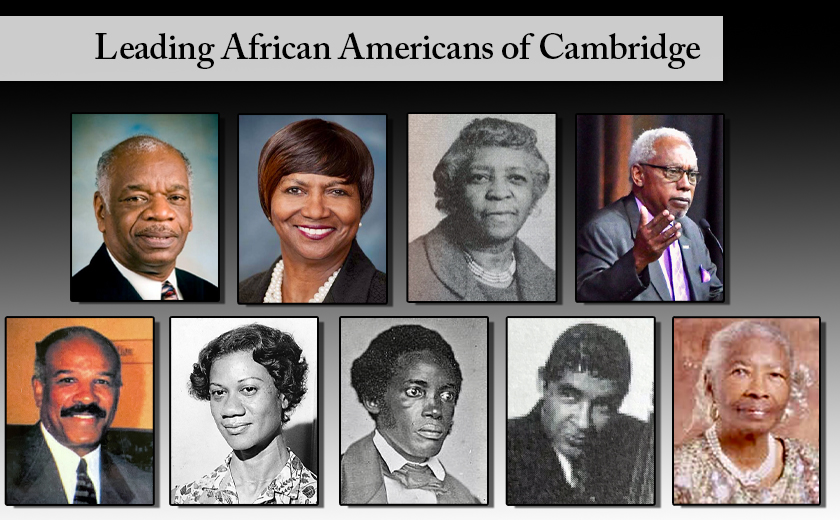

Write a Letter to the Editor on this Article
We encourage readers to offer their point of view on this article by submitting the following form. Editing is sometimes necessary and is done at the discretion of the editorial staff.